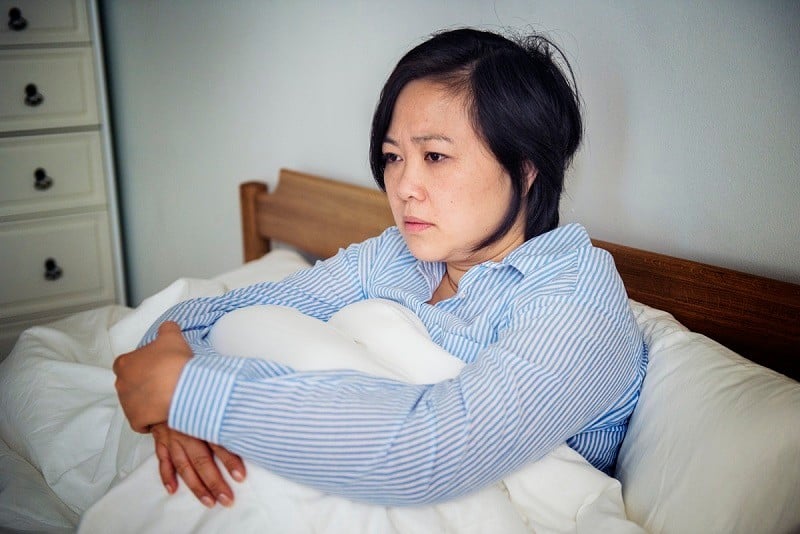Vaginismus is a condition that can cause pain during sex. It’s often described as a feeling of tightness in the vaginal opening. The condition can make sexual intercourse and other forms of vaginal penetration very painful or even impossible.
While the exact cause of vaginismus is unknown, several risk factors may increase your chances of developing the condition. These include anxiety, stress, previous trauma, or a history of sexual abuse.
The primary symptom of vaginismus is pain during sex. The pain may feel burning, stinging, throbbing, or sharp. It may happen only during penetration, or it could happen with any contact with the vagina. Some women with vaginismus also have difficulty using tampons or undergoing pap smears due to the pain. Milder forms of vaginismus may not cause pain but can still make sexual intercourse difficult.
For women experiencing pain during sex, it is recommended to talk to a doctor about the symptoms. They will likely perform a physical exam and ask about a woman’s medical history and any previous experiences with sexual intercourse. A doctor may also recommend some tests to rule out other conditions causing vaginal pain.
Fear of Having Sex

Though it is not well known, vaginismus is a common condition that affects women of all ages. Vaginismus is the involuntary tightening or spasm of the vaginal muscles. There are many causes of vaginismus, but one of the most common is the fear of having sex.
The key to understanding how fear can cause vaginismus is that sex is largely psychological. So, much of the women’s experience with sex is based on their thoughts and feelings. This is why so many women with vaginismus report feeling a great deal of anxiety about sexual intercourse.
For some women, this anxiety is caused by a traumatic sexual experience. Maybe they were raped or molested, or maybe they had a bad experience with their first-time having intercourse. Whatever the case may be, these women often associate sex with pain and fear. As a result, their bodies react accordingly by tensing up and making intercourse impossible or extremely painful.
In some cases, the anxiety is more general. They may not have had any specific traumatic experience, but they still feel nervous or scared about having sex. This could be due to cultural factors or messages they received growing up about sex being dirty or shameful.










